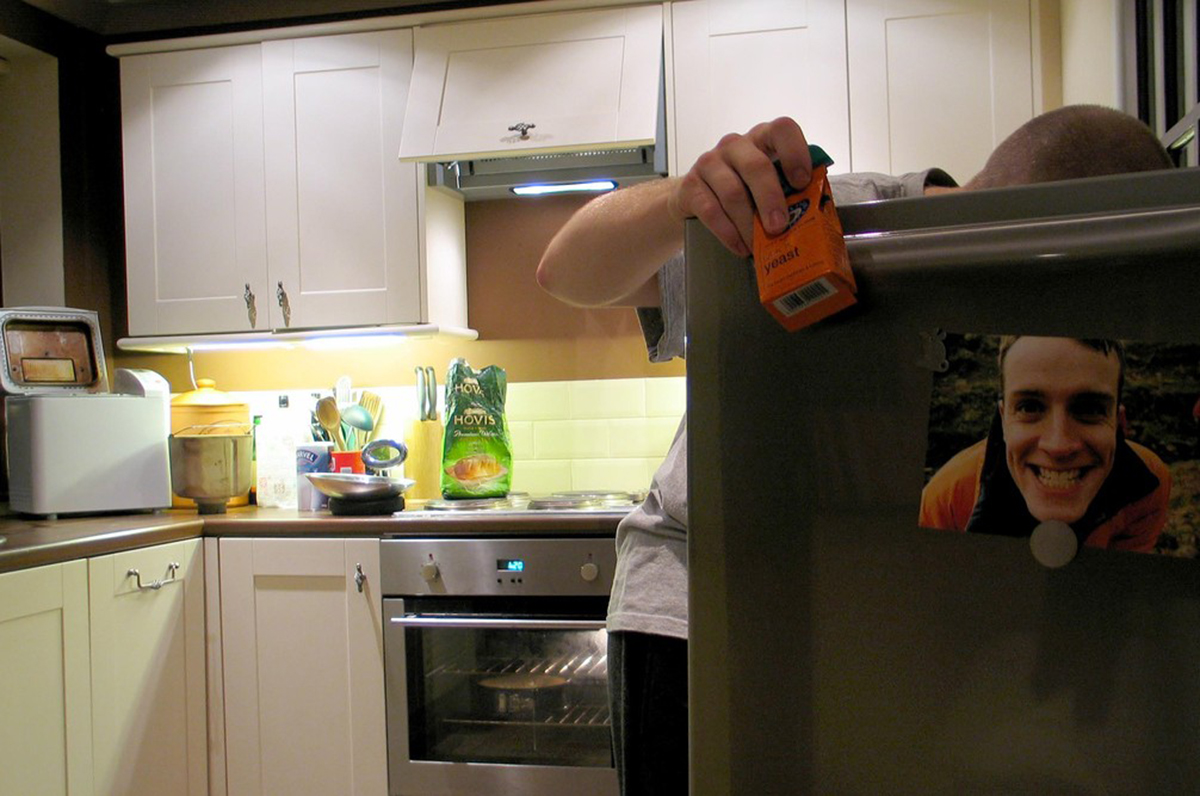Table of Contents
Not only is it perfectly okay to eat late at night, it could actually be beneficial.
While going to bed on a full stomach and feeling stuffed might not be the best thing to help you drift off to sleep, going to bed hungry isn’t much fun either. Sleep is crucially important in helping your day to day function and aiding with optimal performance in the gym. If you’re missing out on sleep due to tossing and turning caused by a rumbling stomach, then having a meal before drifting off could be the best thing for you.

Additionally, if you train later in the day, going to bed without eating anything is just plain daft. While the idea of nutrient timing was discussed earlier, with the conclusion that it’s largely insignificant, having something after a training session is a good idea.
When training, muscle tissue is broken down and your glycogen stores get run down. To repair and recover, you need to ingest protein and carbohydrates to help kickstart the rebuilding process. If you hit the gym at 8pm, finish your workout at 9 or 9:30, then don’t eat anything to the following morning, you’re making your muscles go a full 10 hours without any sustenance, which could be incredibly detrimental to you gains.
In the last couple of years, a concept known as carb backloading, (introduced by nutritionist John Kiefer) has been gaining in followers and popularity. The idea of backoading is that you eat mainly protein and fats during the day, (which generally means a lower calorie intake too) then load up on carbs at night. By doing this, Kiefer (and other backloading advocates) suggest that your body is in a carb-deprived state during the day, meaning it’s primed to burn fat, then you refuel late at night with a big hit of carbs.
While no science seems to support this notion as such, eating more carbs late at night is an interesting topic. Even those who don’t recommend avoiding eating before bed often advise skipping carbs at night, for fear of fat gain. Once again though, there’s no basis in this.
See Also: Tips For Healthy Eating While Traveling
At the end of the day, it does come down to calories in versus calories out, and what you feel most comfortable with.
The number one factor is to make sue your calorie intake is in line with your goals – that means a deficit if you want to lose fat and a surplus if you want to gain muscle. After that, whether or not you eat late at night is entirely down to personal preference.
- “4 Reasons to Eat More Calories (And Carbs) at Night”, By Nate Miyaki, August 16, 2013, http://www.livestrong.com/article/557830-4-reasons-to-eat-more-calories-and-carbs-at-night/
- Mindmap by steadyhealth.com
- Photo courtesy of Phil and Pam Gradwell (to be) by Flickr : www.flickr.com/photos/philandpam/1517884183


Your thoughts on this